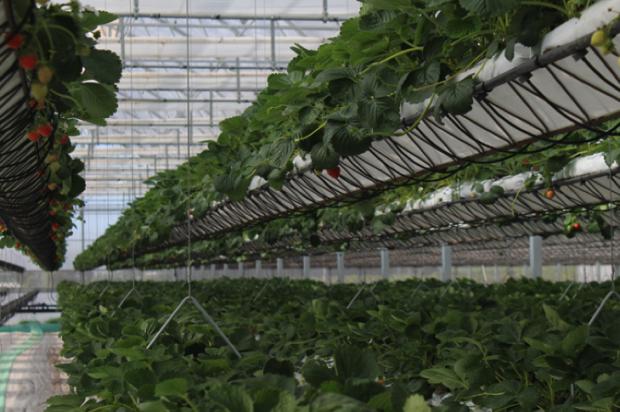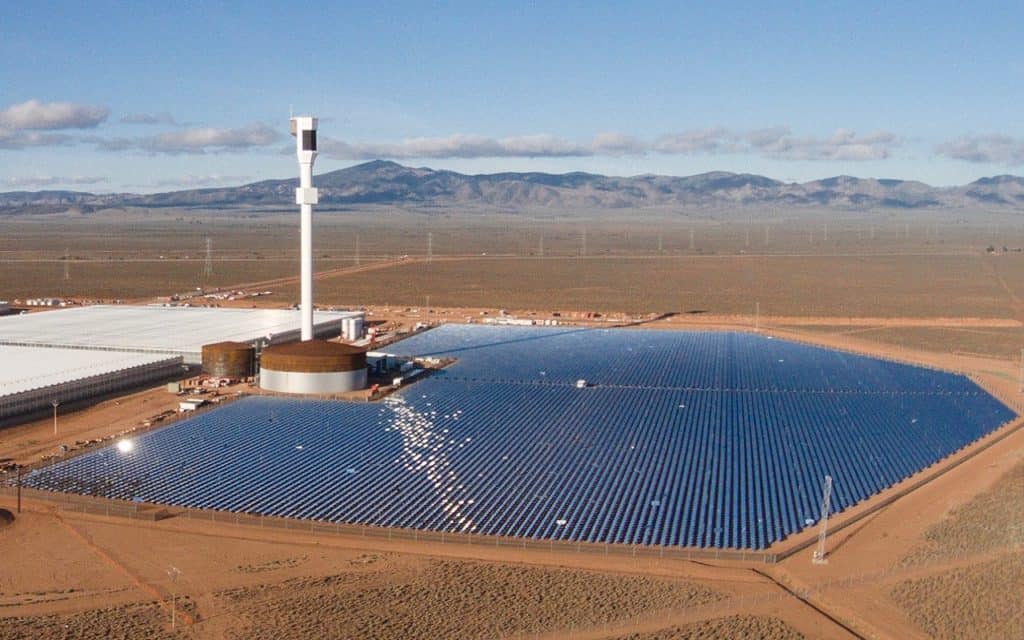
Breaking News
 Is The Government Coming For Our Seeds?
Is The Government Coming For Our Seeds?
 Looming ice storm could be among worst on record
Looming ice storm could be among worst on record
 The walls are actually closing in on Ilhan Omar and her husband…
The walls are actually closing in on Ilhan Omar and her husband…
 Tesla and XAI's Digital Agent Strategy
Tesla and XAI's Digital Agent Strategy
Top Tech News
 The day of the tactical laser weapon arrives
The day of the tactical laser weapon arrives
 'ELITE': The Palantir App ICE Uses to Find Neighborhoods to Raid
'ELITE': The Palantir App ICE Uses to Find Neighborhoods to Raid
 Solar Just Took a Huge Leap Forward!- CallSun 215 Anti Shade Panel
Solar Just Took a Huge Leap Forward!- CallSun 215 Anti Shade Panel
 XAI Grok 4.20 and OpenAI GPT 5.2 Are Solving Significant Previously Unsolved Math Proofs
XAI Grok 4.20 and OpenAI GPT 5.2 Are Solving Significant Previously Unsolved Math Proofs
 Watch: World's fastest drone hits 408 mph to reclaim speed record
Watch: World's fastest drone hits 408 mph to reclaim speed record
 Ukrainian robot soldier holds off Russian forces by itself in six-week battle
Ukrainian robot soldier holds off Russian forces by itself in six-week battle
 NASA announces strongest evidence yet for ancient life on Mars
NASA announces strongest evidence yet for ancient life on Mars
 Caltech has successfully demonstrated wireless energy transfer...
Caltech has successfully demonstrated wireless energy transfer...
 The TZLA Plasma Files: The Secret Health Sovereignty Tech That Uncle Trump And The CIA Tried To Bury
The TZLA Plasma Files: The Secret Health Sovereignty Tech That Uncle Trump And The CIA Tried To Bury
Solar Panel Farm Yields 17,000 Tons Of Food Annually In The Worst Climates

A major shift in agriculture that is moving away from traditional farming and towards innovative techniques for food production has been happening over the past few years and solar panel technology is at the heart of most new concepts. With hydroponics, underwater farming, floating farms, and vertical indoor farming, the list of new ways to produce food is growing every year.
There are many causes behind the shift, most of them being driven by humans; climate change, pesticide-use, the destruction of once-viable land, and GMO expansion are all major reasons that innovators are testing out new ways to feed the world.
Despite what companies that use GMOs want you to believe, genetically-modified organisms are actually hurting the world more than they are helping it. Though food production may be increasing in the short-term because of these practices, studies have proven that chemical farming is actually destroying the land and resources necessary to produce food in the long run.

Credit: Sundrop Farms
That's why many people stress the importance of buying and eating organic produce. Not only do you support local farmers trying to produce fruits and vegetables naturally, but you know that the food you're putting in your body is good for both you and the environment.
With the solar panel farms created by Sundrop Farms, organic produce is all that's born from their unusual but up-and-coming methods. The first farm that they opened was in the desert in Port Augusta, South Australia in 2010, where the surrounding area is dry, desolate, and barren. In other words, it's totally inappropriate and completely impossible to start a farm there—or so you thought.

 Nano Nuclear Enters The Asian Market
Nano Nuclear Enters The Asian Market


